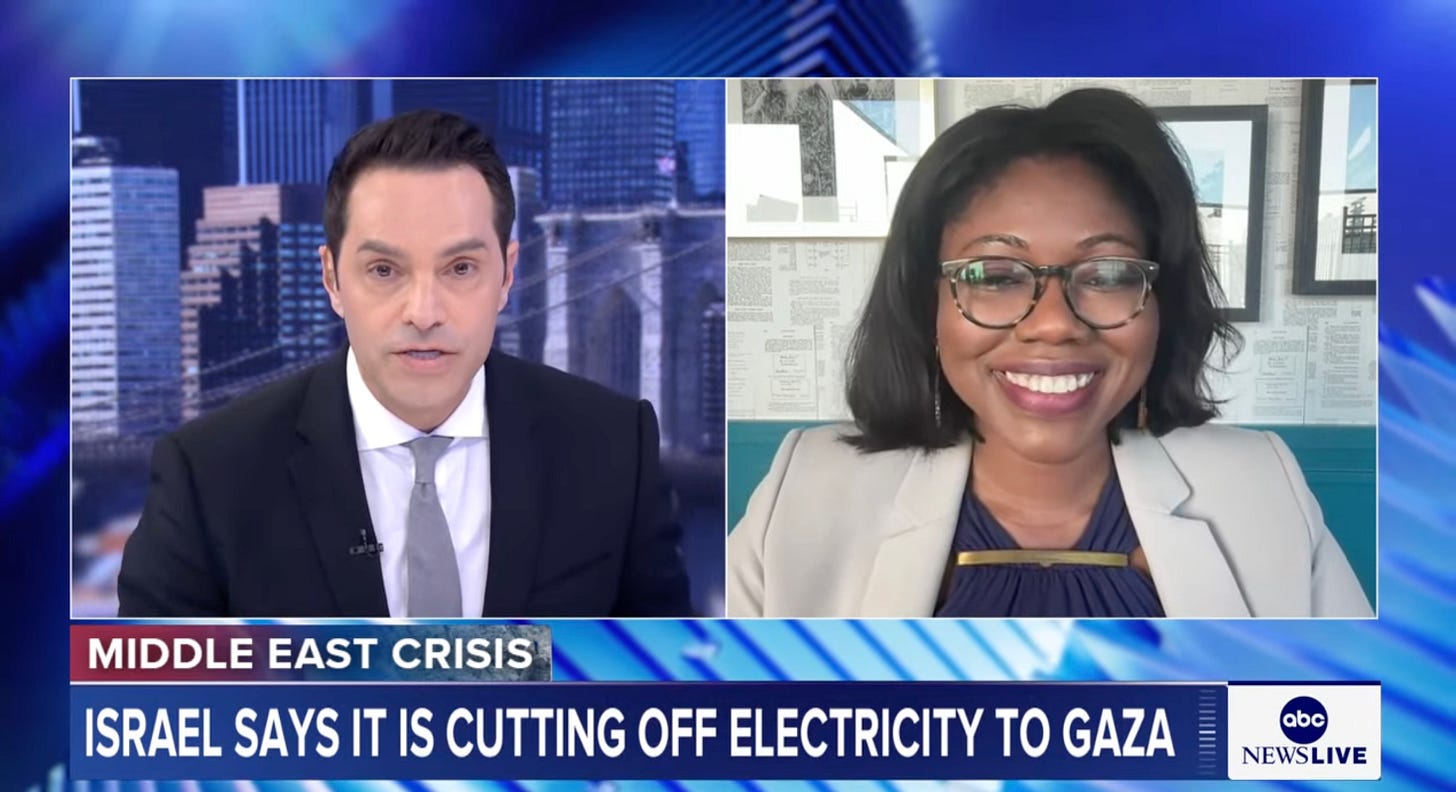Why Trump’s Leadership Culture Gives Hamas an Opening
Despite Trump’s vision of belly dancers at his beachfront Gaza resort, Hamas still sees hope in his leadership and negotiation style. Here’s why.
President Donald Trump has a high risk tolerance, an individualistic decision-making style, a hierarchical leadership approach, and a transactional negotiation methodology—all cultural traits that our JAM CQ Middle East analyst, Muhammad Dabbour, says give Hamas hope.
I sat down with Muhammad, a former State Department media analyst with over 20 years of experience, to understand exactly why Hamas wants to negotiate with Trump and what cultural dimensions influence this unusual diplomatic pairing. Here’s our insightful Q&A on the unexpected relationship between Trump and Hamas—and why it matters culturally and politically.
Q: You’d think that after President Trump said he wants to clear Gaza and turn it into a resort, Hamas wouldn’t want anything to do with Americans.
Muhammad Dabbour: The truth is, Hamas isn’t just one unified group; it's split into factions. There's the Hamas leadership inside Gaza, who believe force is the only solution, and then there's the Hamas leadership abroad (primarily in Qatar), who are more pragmatic and open to negotiations. With rebuilding Gaza is at stake, the group abroad is regaining influence and believes that America—particularly under Trump—is an important mediator because of his willingness to bypass traditional diplomatic rules.
Q: What strategic calculations are behind negotiating directly with the Trump administration?
Important Note: The U.S. designates Hamas as a terrorist organization. Traditional leaders, like former President Joe Biden, refuse to negotiate with groups carrying this label, but the Trump administration has. That creates an opportunity Hamas has never had before.
Muhammad: Interestingly, Hamas sees Trump as a "serious president"—someone who doesn't play typical political games. They believe once Trump decides something, he sticks to it, and won’t bend under pressure from allies, including Israel. From Hamas’s perspective, previous agreements with Israel have often been ignored or violated, and past U.S. administrations typically aligned closely with Israeli interests. Trump, from their perspective, is unpredictable enough that he could actually impose his will independently of Israel’s traditional influence.
Want More Content Like This?



Trumps Cultural Dimensions
After speaking with Muhammad Dabbour and revisiting our JAM CQ cultural dimensions framework, I broke down the aspects of Trump’s negotiation style and cultural attributes that make direct talks appealing to Hamas. Here’s what I found:
1. Communication Style:
Indirect (High Context) ←Saudi Arabia—China—UK—Trump (Direct)→ Direct (Low Context)
Trump’s blunt, transactional approach simplifies negotiations for groups with limited resources.
2. Hierarchy & Power Distance:
High Hierarchy ←Saudi Arabia– Trump: Authoritative, Top-Down- US Avg.– Denmark→ Low Hierarchy
Trump’s unilateral decisions bypass bureaucracy, enabling faster negotiations beneficial for Hamas’s limited position.
3. Risk Tolerance:
Risk Averse ←Japan—Biden Admin.—Trump→ High Risk Tolerant
Trump is highly risk-tolerant, aligning perfectly with Hamas’s urgent needs for immediate gains.
4. Decision-Making Style (Individualistic vs. Collectivist):
Collectivist (Group Consensus) ←Japan—Traditional Middle East—U.S. Standard—Trump (Highly Individualistic)→ Individualistic
Trump acts independently, rarely deferring to group consensus or even advisors, appealing to Hamas by quickly clearing bureaucratic hurdles.
So What?
Trump’s negotiation style offers Hamas something they desperately need right now: a clear, direct, and transactional partner who can bypass traditional diplomatic barriers. Trump’s willingness to act decisively without consulting advisors or fearing political backlash creates a rare opening for Hamas, whose limited resources and dwindling leverage require precisely that kind of bold, authoritative decision-maker. His risk-tolerant approach and focus on short-term, visible wins aligns perfectly with Hamas’s urgent need for immediate results—not just to boost legitimacy, but to survive politically after essentially losing this war.
Trump’s style isn’t just preferable for Hamas; it’s become their best—and possibly only—hope.
You’re now more cultured because…
…you understand the distinct cultural traits of Trump’s governing style that give organizations like Hamas hope.





